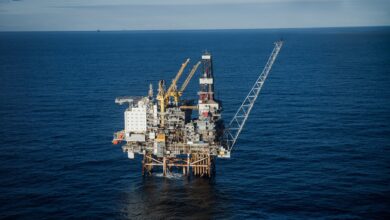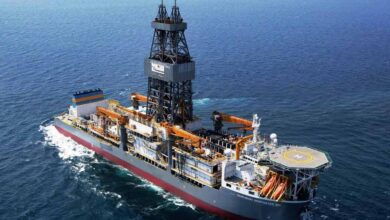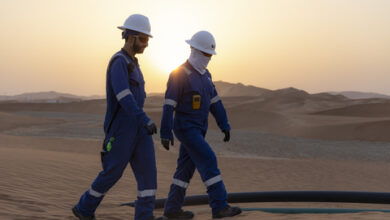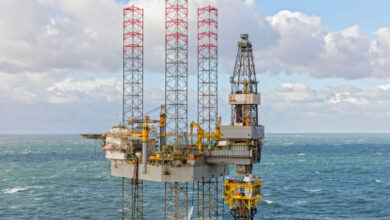Shell CEO: Industry must do more to address public concerns with tight gas development

The industry must do a better job of listening and responding to public and regulator concerns associated with development of the world’s tight gas resources, said Shell CEO Peter Voser, “for at no time in the history of our industry has natural gas been poised to play a more important role in the global energy picture.” Speaking at the 25th World Gas Conference in Kuala Lumpur, Malaysia, on 5 June, Mr Voser called the natural gas revolution “the most significant energy development in decades.” For the first time in its history, Shell expects to produce more natural gas than oil in 2012.
North America has already seen the dramatic impact of shale gas development. “New reserves of tight gas, shale gas and coal seam gas are helping the United States rebuild its economy and become more competitive. Combined with increased oil production from the Gulf of Mexico, potentially huge deposits in the Arctic, and the growth in tight and heavy oil – including oil sands – North America is looking at a dramatically improved outlook for energy security,” he continued.
In the rest of the world as well, natural gas holds considerable promise. “In fact, the International Energy Agency (IEA) estimates total worldwide recoverable gas resources at 250 years at current production,” Mr Voser said.
South Africa, Indonesia and India, for example, are believed to hold significant deposits of shale and coal seam gas. “But it is China and Australia that are most likely to see the next wave of this revolution,” he said.
Although there is no doubt that these abundant gas reserves can be tapped, Mr Voser cautioned that society should not underestimate the substantial investment and complex technology to do so in a safe and responsible way.
Already, misconceptions about hydraulic fracturing permeate shale gas discussions around the world. More recently, greenhouse gas emissions – especially methane – from shale gas production is attracting more attention. However, industry has proven that methane releases can be significantly reduced by using proven technologies, Mr Voser said. “For example, at our Pinedale operation in the US state of Wyoming, we installed a system to help us stop methane leaks detected with an infrared camera,” he continued.
Nevertheless, industry must do more to address these types of concerns. Shell last year announced five operating principles for its onshore shale and tight sand oil and gas operations. On 29 May 2012, the IEA also issued its Golden Rules for a Golden Age of Gas, which “underline the importance of full transparency, measuring and monitoring of environmental impacts and engagement with local communities; careful choice of drilling sites and measures to prevent any leaks from wells into nearby aquifers; rigorous assessment and monitoring of water requirements and of waste water; measures to target zero venting and minimal flaring of gas; and improved project planning and regulatory control.”
“We welcome the IEA’s effort. Its recommendations and principles are similar to our own,” Mr Voser said. “They provide a framework for protecting water, air, wildlife and the communities in which our industry operates. At Shell, we are committed to support regulations consistent with our operating principles. Our hope is they can be applied over time to all tight oil and gas operations around the world.”
The full report on the IEA Golden Rules for a Golden Age of Gas can be found here.




